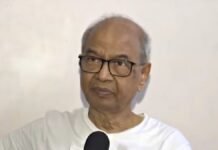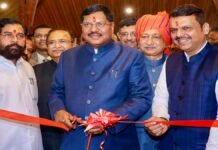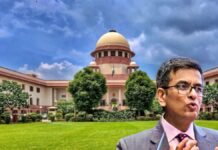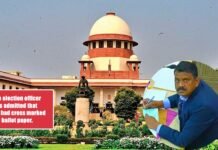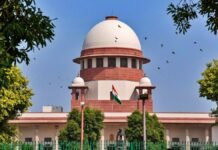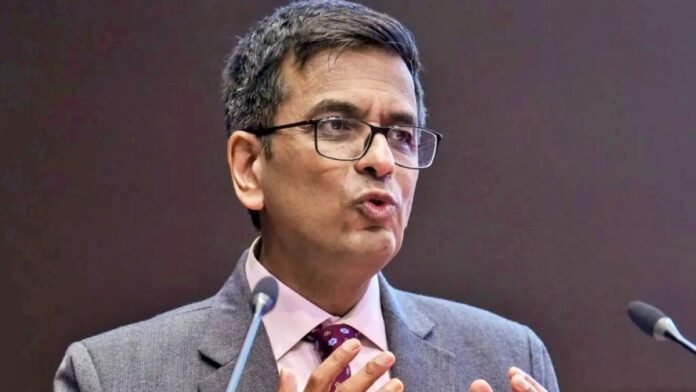
New Delhi: Chief Justice of India (CJI) DY Chandrachud, who is set to retire on November 10, has shared candid insights on judicial independence, underscoring the importance of freedom not only from government influence but also from the growing pressure exerted by social media and special interest groups. Speaking at an event organized by the Indian Express Group, CJI Chandrachud voiced concerns about the evolving dynamics impacting the judiciary’s autonomy in today’s digital age.
Judicial Independence Beyond Anti-Government Rulings, Says CJI
Traditionally, judicial independence has been defined as freedom from the executive, but CJI Chandrachud emphasized that the term’s scope must expand as society changes. “Independence from the government remains crucial, but today, we must also guard against the sway of electronic media and social pressure groups,” he remarked. He noted that many interest groups now try to influence the court’s decisions by leveraging social media and electronic platforms, often labeling the judiciary “independent” only when verdicts align with their stance.
CJI Criticizes Influence of Media and Pressure Groups on Perception of Judicial Freedom
CJI Chandrachud expressed his concern that the judiciary’s independence is frequently questioned whenever rulings align with the government. He cited examples, including a case on electoral bonds, to illustrate the public’s tendency to judge the judiciary’s autonomy based on whether its decisions favor or oppose the government. “If a decision goes against the government, the judiciary is seen as independent; if it aligns with the government, independence is doubted. This perception undermines what judicial freedom truly means,” he asserted.
Highlighting the nuanced role of judges, CJI Chandrachud argued that judicial independence should also allow judges to decide cases based on their own interpretation of the law, without yielding to external pressures. “A judge’s independence lies in their ability to make fair, unbiased decisions, regardless of whom the verdict favors,” he added.
CJI Responds to Criticism Over Presence at PM’s Residence During Ganpati Puja
Addressing recent criticism from opposition parties and certain legal circles, CJI Chandrachud responded to questions surrounding his attendance at Ganpati Puja at Prime Minister Narendra Modi’s official residence. He dismissed any implications of bias, describing his visit as a cultural gesture. “There was nothing inappropriate in the images from the event,” he clarified, underscoring that his presence at the Prime Minister’s residence was in line with traditional puja observances and had no bearing on his judicial impartiality.
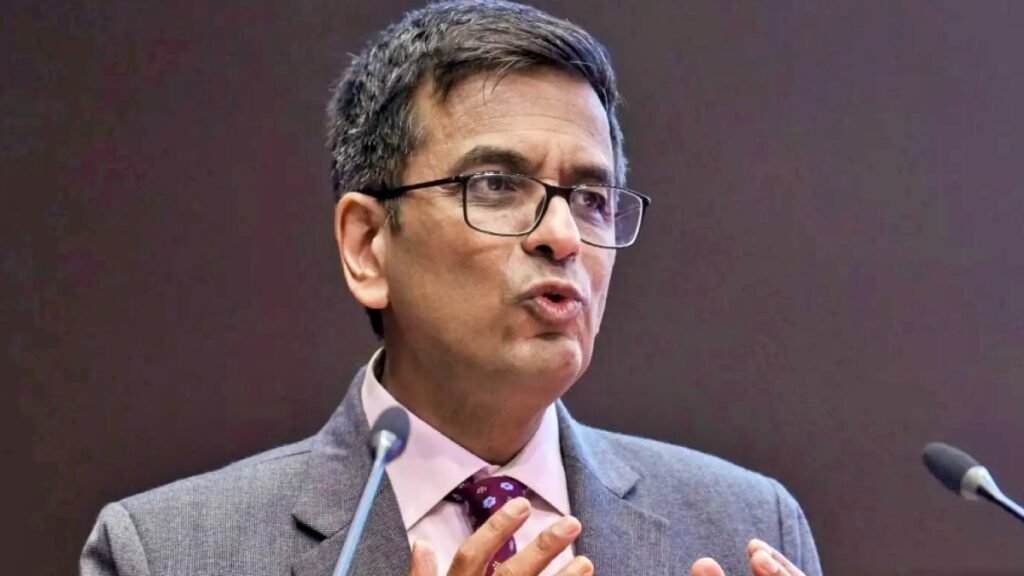
As the CJI’s retirement approaches, his remarks have sparked discussions on the judiciary’s role amid the challenges of media influence, political scrutiny, and public expectations. Through his address, CJI Chandrachud has reinforced the judiciary’s need for an unbiased, principle-driven approach in a rapidly changing socio-political landscape.




































